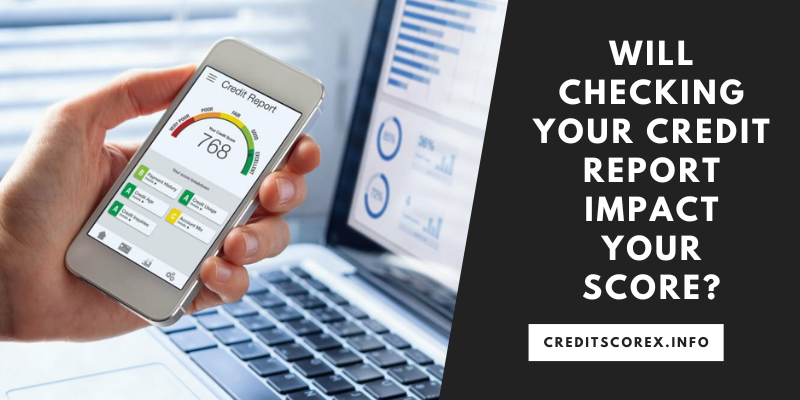
The world of credit scores and reports can be a labyrinth of misinformation and uncertainties, and one question that often surfaces is whether checking your credit report can have an impact on your credit score. Let’s unravel this mystery and shed light on the dynamics between checking your credit report and the all-important credit score.
1. The Good News: Soft Inquiries vs. Hard Inquiries
Firstly, it’s crucial to understand the difference between soft inquiries and hard inquiries. Soft inquiries, also known as “soft pulls” or “soft checks,” occur when you check your own credit report, and they have no impact on your credit score. Soft inquiries are also generated when companies perform background checks for pre-approved offers or when you check your credit score through a credit monitoring service.
On the other hand, hard inquiries, or “hard pulls,” happen when a lender or creditor checks your credit report in response to a credit application you’ve submitted. Hard inquiries can have a minor impact on your credit score, typically causing a small and temporary dip. However, the impact is usually minimal, and your score should bounce back within a few months.
2. Self-Checks: A Safe Practice
Checking your own credit report is considered a soft inquiry and does not affect your credit score. This means you can review your credit report regularly to monitor for inaccuracies, detect potential fraud, or simply stay informed about your financial health without any repercussions on your credit score.
3. Rate Shopping: A Grace Period for Comparison
If you’re in the market for a loan, such as a mortgage or an auto loan, and you’re shopping around for the best interest rates, multiple inquiries within a specific timeframe are often treated as a single inquiry. This grace period, typically around 14 to 45 days depending on the scoring model, allows you to compare rates without a significant impact on your credit score.
4. Monitoring Services: Knowledge is Power
Enrolling in a credit monitoring service to keep a close eye on your credit report can be a proactive step towards financial health. These services provide regular updates on changes to your credit report and can alert you to potential issues. Rest assured, these self-initiated checks will not harm your credit score.
5. Beware of Excessive Inquiries: Potential Red Flags
While individual inquiries have a limited impact, a pattern of multiple inquiries within a short period can be perceived as a red flag by creditors. It may suggest that you’re in financial distress or seeking credit irresponsibly. It’s essential to be mindful of the number and frequency of hard inquiries, especially if you’re planning major financial moves in the near future.
Conclusion: Empowerment Through Knowledge
In conclusion, the act of checking your own credit report is a safe and encouraged practice. Regular self-checks allow you to stay informed, spot errors, and detect potential fraud early on. Understanding the distinction between soft and hard inquiries empowers you to make informed decisions without unnecessary worry about the impact on your credit score. Knowledge is your greatest ally in the world of credit, and by staying informed, you take control of your financial narrative with confidence.
Leave a Reply